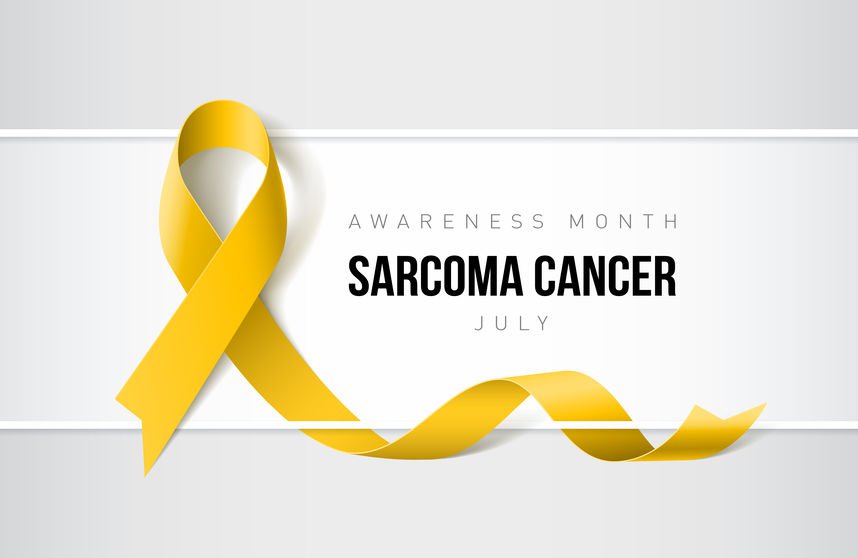How to Meet Your Vitamin D Needs During Quarantine
With everything going on in the world, summer of 2020 was not what any of us expected. We missed out on most of the typical sunshine-filled activities of summer. I know I sure didn’t get my fill of backyard BBQs, beach days, or outdoor concerts. As summer comes to a close, many of us are […]
How to Meet Your Vitamin D Needs During Quarantine Read More »








